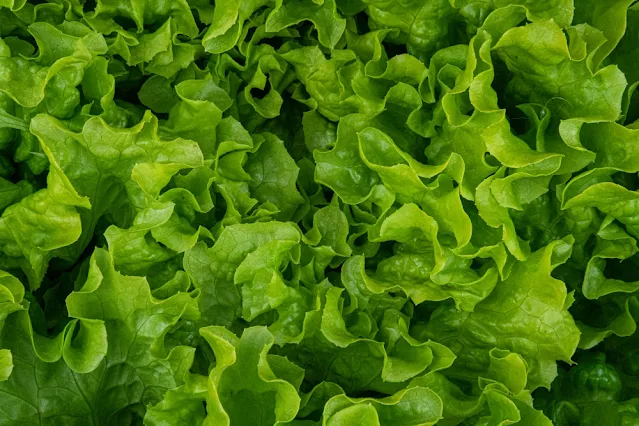5 important foods for your everyday meals
Every year, many people die from heart strokes. This shows how important it is to find and treat them early. Your family history might make you more likely to have a stroke, but changing your lifestyle and what you eat can help lower this risk. Eating a balanced diet with lots of good nutrients can really help keep your heart healthy and lower your chances of having a stroke.
Leafy vegetables
Vegetables like spinach, fenugreek, and kale are packed with good stuff like vitamins, minerals, and antioxidants. They have a lot of folate which is good for your nerves and heart. Having enough Vitamin B also helps prevent strokes, and they also have potassium which helps keep your blood pressure steady. That's important because high blood pressure can make you more likely to have a stroke.
Berries
Eating fruits like blueberries, strawberries, and raspberries gives you flavonoids and anthocyanins. These are kinds of antioxidants that fight against stress and swelling in your body. This helps keep your heart and brain healthy and lowers your chances of having a stroke.
Whole grains
Grains like oats, oatmeal, popcorn, millet, quinoa, rye, and brown rice have fiber, vitamins, and minerals that are good for your heart. The fiber helps control your cholesterol levels, so you don't get too hungry and it lowers your chances of becoming overweight or having high blood pressure. These things can make you more likely to have a stroke.
Nuts and seeds
Eating nuts and seeds like almonds, flax seeds, walnuts, and chia seeds gives you lots of good stuff for your heart. They have minerals, vitamins, and omega-3 fatty acids that help lower swelling, improve blood flow, and lower your chances of having a stroke.
Fish
Fatty fish like salmon, mackerel, and sardines have omega-3 fatty acids that are really good for your heart. They lower swelling, make your cholesterol levels better, and keep your heart healthy. Eating fatty fish often can lower your chances of having a certain kind of stroke called an ischemic stroke.
The important thing
Stopping strokes means changing how you live. Doing yoga and exercise, staying away from junk food and smoking, and getting help if you have symptoms like chest pain, feeling heavy, or trouble breathing are all important steps in lowering your chances of having a stroke.
Q&A
Why are heart strokes so dangerous?
Heart strokes can be deadly because they affect the blood flow to the brain, causing damage that can lead to disability or even death if not treated quickly.
How does family history affect the risk of stroke?
Family history can increase your chances of having a stroke because certain genetic factors may predispose you to conditions that contribute to stroke, like high blood pressure or heart disease.
What role does a balanced diet play in preventing strokes?
Eating a balanced diet rich in nutrients can help keep your heart healthy and reduce the risk of stroke by controlling factors like blood pressure and cholesterol levels.
Why are leafy vegetables beneficial for heart health?
Leafy vegetables like spinach, fenugreek, and kale are rich in vitamins, minerals, and antioxidants, which support heart health and can help prevent strokes.
How do berries help lower the risk of stroke?
Berries contain antioxidants like flavonoids and anthocyanins that fight inflammation and stress in the body, promoting heart and brain health and reducing the risk of stroke.
What makes whole grains good for the heart?
Whole grains provide fiber, vitamins, and minerals that help control cholesterol levels and maintain a healthy weight, lowering the risk of conditions like obesity and high blood pressure that can lead to stroke.
How do nuts and seeds contribute to stroke prevention?
Nuts and seeds, such as almonds, flax seeds, walnuts, and chia seeds, are rich in nutrients like omega-3 fatty acids that help reduce inflammation and improve blood flow, lowering the risk of stroke.
Why is fish consumption recommended for heart health?
Fatty fish like salmon, mackerel, and sardines contain omega-3 fatty acids, which have anti-inflammatory properties and can improve cholesterol levels, reducing the risk of stroke.
What lifestyle changes can help prevent strokes?
Lifestyle changes like regular exercise, maintaining a healthy diet, avoiding smoking and junk food, and managing stress are essential for lowering the risk of stroke.
What should you do if you experience symptoms of a stroke?
If you have symptoms like chest pain, difficulty breathing, or sudden weakness, it's important to seek medical help immediately, as early treatment can significantly improve outcomes and reduce the risk of disability or death.






